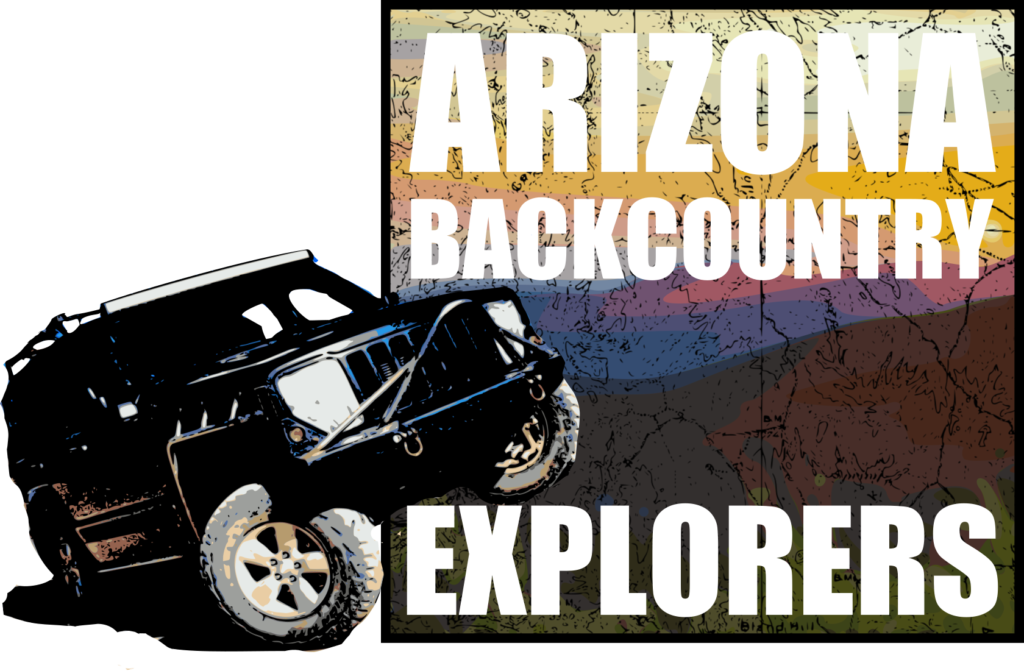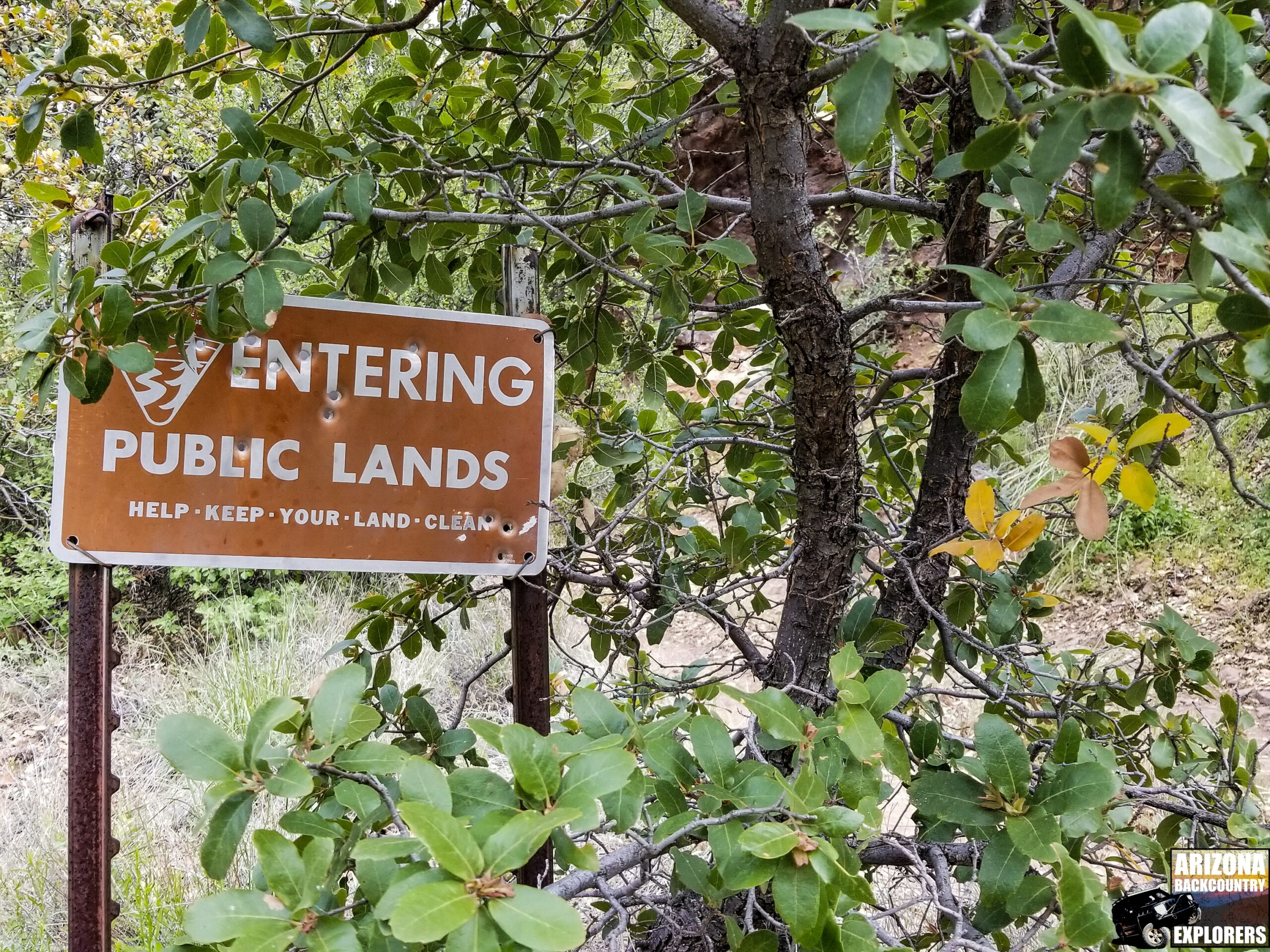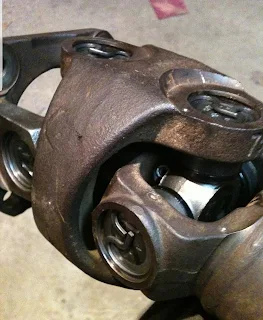Your cart is currently empty!
Posted in
Tools and basic knowledge of simple automotive repairs and diagnostics can save you ass on the trail. It’s always a good idea to acquire these skills if you plan to spend time down any backroad. You never know when any equipment is going to fail and leave you stranded.
Not many of us are concerned about repairs or failures on the trail. Modern technology keeps us connected wherever we are. Personal locating beacons and the widespread use of radio communication can ensure help arrives when you need it. I would ultimately suggest that you never travel alone, but who am I to talk? I do it all the time.
The tools you need to carry and the skill you should acquire will depend on the type of vehicle you drive. Many modern vehicles use metric sizes, Torx screws, triple square bolts, and sometimes tamper-proof hardware and rivets. Knowing if your vehicle uses this type of hardware will help you understand what you need.
Common failures
When building your tool kit, it’s important to consider parts that might fail under harsh conditions. Wheel bearings, ball joints, axles, tie rods, and even electrical components like the fuel pump. The suspension, drive train, and fuel systems will likely take the most abuse in any offroad condition. Therefore, having special tools like hub socket, balljoint press, and a simple set of Torx drivers will save your day.
Each vehicle has its own problems, but the most common parts that fail are axles, lockers, tires, relays, hoses, fuses, and the tools themselves. You want to be sure you have the correct tools and spare parts to perform the most common failures. Likewise, you should carry quality tools that won’t fail during repairs.
My tool kit for trail repairs.
A basic set of hand tools
A basic set of hand tools will go a long way on the trail. In addition to a set of sockets, wrenches, and screwdrivers, I carry a 3-foot breaker bar to help bust bolts lose and a torque wrench in case it’s needed. Many folks go as far as carrying an electric impact to make trail repairs easy, but it’s definitely not necessary.
I’ve learned that I only need to carry what’s necessary to perform repairs on my vehicle. I’ve been through almost every nut and bolt of this Jeep, and my box consists of all the tools I need to replace an axle if I need to. I carry an assortment of common sized sockets and wrenches that are found throughout the entire vehicle. Anything that’s not needed stays home to save space and weight.
Pocket OBD2 scanner and electrical diagnostic tools
I carry a small pocket scanner that I picked up online for around $20. It’s nothing special, but it can perform two basic tasks that are needed to diagnose most failures. This thing is small enough to fit in the center counsel, and it reads live data from the engine. Besides pulling codes, I can monitor the o2 censors, oil pressure, trans temp, and pull freeze frame data to help understand any type of failure. Likewise, I carry a multimeter and an incandescent test light to help aid diagnostic procedures.
I also carry a small assortment of electrical repair consumables like butt connectors, a small butane soldering iron, shrink wrap, a roll of wire, fusible links, blade fuses, and a spare relay in case any electrical repairs are needed. I think I even have a spare battery terminal.
Factory repair manual with diagnostic flow charts.
This is likely the best resource you could have when facing any type of automotive failure. Diagnostic procedures can be performed by any mechanically-inclined individual by following a diagnostic flowchart. Flowcharts will give you step by step direction on how to diagnose automotive failures.
Each Diagnostic Trouble Code (DTC) has a diagnostic flowchart that can be performed using an OBD2 scan tool, multimeter, and a test light. By following a flowchart, you can pinpoint the exact cause of an electrical failure in most cases. Diagnostic flow charts are available in factory repair manuals and through subscription services such as AllData DIY.
Not so easy for a rookie
Admittedly, not everyone is knowledgeable in automotive repair and diagnostic. There are many tricks of the trade that should be followed while diagnosing electrical issues. It’s important to take the time and learn about your vehicle and how things operate. Learn how to safely back probe connectors using T pins. Never probe the connector terminals, never pierce wires, and always disconnect the battery before pulling wire connectors.
With some sensitive electrical equipment, it’s good practice to use a ground strap around your wrist, connected to the vehicle, to prevent static electricity discharge that will damage electrical components. However, it’s improbable this will ever apply to a trail repair or offroad vehicle.
Some clubs host wrenching parties where members get together, eat food, enjoy each other’s company, and fix each other’s rigs. Wrenching parties are a great way to learn basic repairs and get help from your fellow offroaders.
There is no shame in not knowing these things, but there are many reasons to learn. It’s never too late to pick up a book, attend a training course, or ask questions within the community. You might need these skills one day.
Tags:
You may also like…

Visit the AZBackroads.com Store

Please Become A Member
We need your help to keep our backroads open. Please join today!







